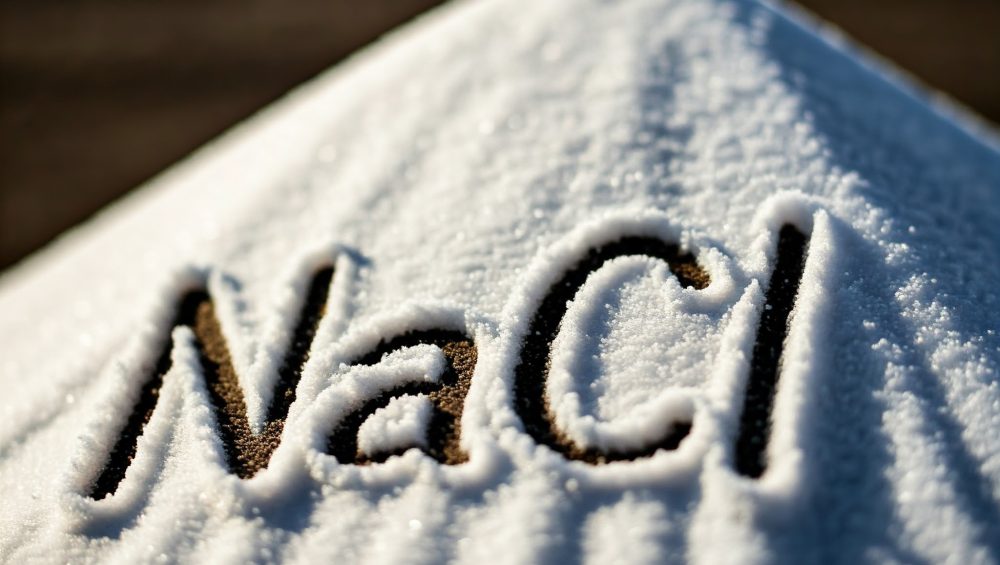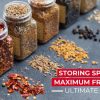Salt is arguably one of the world’s most important cooking ingredients. Without salt, meals would taste unappealing and bland. No human can ever survive without a little salt in their meal.
The chemical name of salt is Sodium Chloride or NaCl. Salt is by far the biggest dietary source of sodium, and the words “salt” and “sodium” are often used interchangeably. Even though these words are thought to be the same to most people, salt and sodium do not have the same meaning at all!
Sodium is an element that joins with chlorine to form sodium chloride or table salt. Sodium occurs naturally in some foods, while salt is the most common source of sodium as said previously!
HEALTH BENEFITS OF SODIUM, THE ELEMENT
- Sodium works to maintain the body’s acid-alkaline balance
- Sodium also helps to maintain the body’s fluid balance
- Lastly, it also helps control nerve function and muscle movements.
BENEFITS OF SALT, THE FOOD
We obviously need salt in our diet to improve the flavor of the food. Salt is added to almost every food, let’s look at the benefits of salt other than a flavor enhancer (but too much salt is also not good!)
- Helps thyroid to function properly
- Keeps the body hydrated
- Prevents low blood pressure
FOODS HIGH IN SALT/SODIUM
Most of the salt in the modern diet comes from restaurant foods or packaged, processed foods. There are also some seemingly un-salty foods that actually contain surprisingly high amounts of salt, including bread, cottage cheese, and some breakfast cereals.
Some fruits and vegetables which are naturally high in sodium are-
Vegetables: Carrot, Raddish, Bell pepper, Cucumber, Cabbage, Broccoli, Tomato
Fruits: Apple, Avocado, Mangoes, Papaya, Pineapple, Bananas
The Bottom Line-
Salt is perhaps the most widely used seasoning in the world. Some people believe that salt is bad for you. Well, this is not completely true. Excessive intake of salt can lead to a serious health problems. So I suggest, control your salt intake. Till then Happy Eating!!





1 Comment
I haven¦t checked in here for a while as I thought it was getting boring, but the last few posts are good quality so I guess I¦ll add you back to my everyday bloglist. You deserve it my friend 🙂